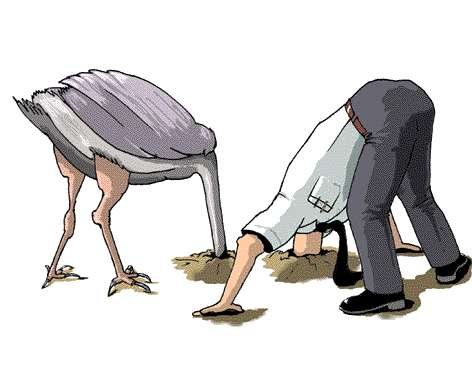Sometimes when you first start having a feeling, your brain will very quickly make up its mind that the emotion is somehow dangerous or bad. Then it tries to escape from the emotion or control the emotion by turning your attention elsewhere and getting you to do something that makes the emotion go away. Because our brains are trying to protect us from harm, this well-intentioned judgment about our feelings comes from a good place. However, somewhere along the way our brains got a little confused about what is actually harmful. Emotions themselves are not harmful, our brain just says they are.
Doing something that makes fear go away can work to keep you safe, but it’s only a stand-in for the real solution, which is to get away from the actual danger. Put another way, fear isn’t ever harmful, but masked figures holding knives often are. It’s much more important to get away from any danger in the world than to get away from any fear you are experiencing. In fact, when you are attuned to your environment, fear is just awareness of danger. In that sense, fear is probably a handy thing to experience – if you aren’t aware of real danger, you are less likely to respond and more likely to get hurt. The lesson is — don’t be so quick to judge fear. It may be your friend.

The same goes for other emotions: Sadness isn’t bad, it’s just awareness of loss, and loss is bad. Anger isn’t bad, it’s just awareness of conflict, and conflict isn’t great for relationships. Anxiety isn’t bad, it’s just awareness that something is important to you, and caring about things is good. For that matter, joy isn’t good, it’s just awareness that something wonderful is happening, and wonderful things are good. Emotions are there to be felt because they say something about the world in which you are living. Don’t leave your emotions on the shelf – check them out!
You can’t really blame your brain too harshly for making snap judgments – that’s what it evolved to do. Go ahead and thank your brain for its noble intentions of keeping you safe. But when it comes to your emotions, remember that they’re meant to be an open book.
For more on how to observe emotions without getting caught up in judgments, see How to Read Your Emotions Part II: Put on Your Spec’s.


